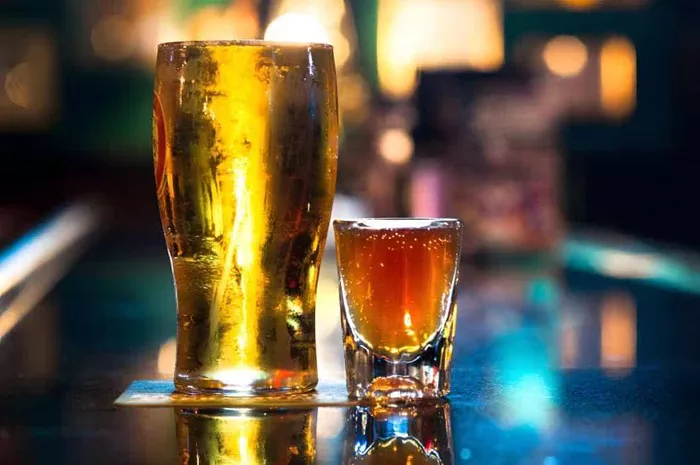A Slovenian farm manager is bringing his expertise in hop cultivation to Southland’s Garston Hops, with the aim of enriching New Zealand’s craft beer industry and preparing for his future role as a fifth-generation farmer back home.
Blaž Jelen, 28, made the move from Slovenia to New Zealand more than two years ago, drawn by the country’s ideal climate for hop farming. “I had done some research and realised New Zealand is a really good place to grow hops,” Jelen explained. “The climate here is excellent, and we don’t face the same issues with pests and diseases that we do back home.”
Jelen’s decision to relocate was also influenced by the unique farming conditions found in Southland. With cold winters, hot summers, long sunny days, and abundant soil moisture, the region provides an ideal environment for hop production. “Coming from a region with similar geographical features in Slovenia, I knew this place would be a great fit for hops,” Jelen said.
After starting his career in Nelson, he was recruited to Garston Hops, a growing operation on the main highway between Queenstown and Invercargill. With a degree in agriculture and a Master’s focusing on the differences between European and New Zealand hop varieties, Jelen is well-versed in the intricacies of hop farming.
Aroma Hops: The Premium Crop
The key difference between the hop varieties Jelen works with in Southland and those on his family farm in Slovenia lies in the type of hops grown. New Zealand is known for its high-quality aroma hops, which are in demand by the craft beer market in New Zealand and the United States. These hops contribute to the distinctive flavors and aromas that define craft beers.
“Aroma hops are crucial for crafting high-quality beer. Varieties like Motueka and Nelson, grown right here in Southland, are highly sought after for their unique characteristics and can command a premium price on the global market,” Jelen said.
In contrast, European farms primarily grow bitter hops, which have a different market value. While New Zealand and the U.S. are seeing rising demand for craft beer, Jelen notes that the craft beer market in Europe is still developing. “Craft beer is still growing in Europe, but it’s nowhere near as established as in New Zealand or the U.S.,” he added.
Jelen manages 73,000 hop plants on 23 hectares in Garston, where all of the plants are female. Female hop plants are preferred because they produce the high-quality flowers, known as cones, used to make beer. “We don’t want pollination because it reduces the quality of the flower and creates seeds, which lowers the overall quality of the hops,” Jelen explained. Male plants are only used when changing hop varieties.
From Garston to Breweries Nationwide
Garston Hops supplies high-quality dried hops to brewers across New Zealand, including well-known names like Emerson’s, Altitude, b.effect, and Rhyme x Reason. Each hop plant yields enough to produce 100 litres of beer, which translates to roughly 300 cans.
Although Jelen’s long-term plan is to take over his family farm in Slovenia, for now, he’s enjoying his time in the small town of Garston. “It’s a good place to live,” he said. “The cool nights always bring a sunny day after, and I’m a country boy at heart.”
Jelen’s work in New Zealand is part of his broader mission to hone his skills and contribute to the craft beer industry before returning to Slovenia to continue his family’s agricultural legacy.
You Might Be Interested In:


